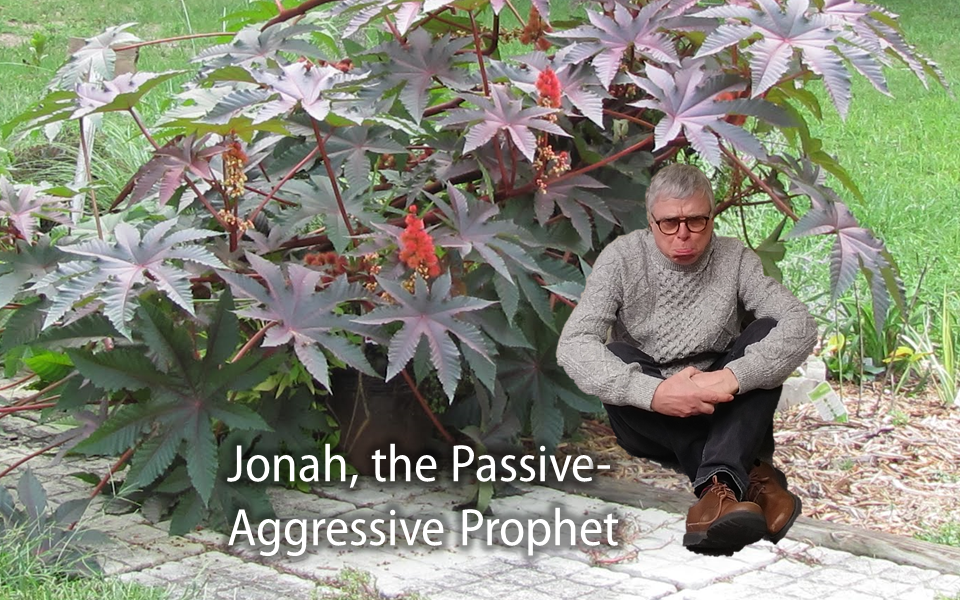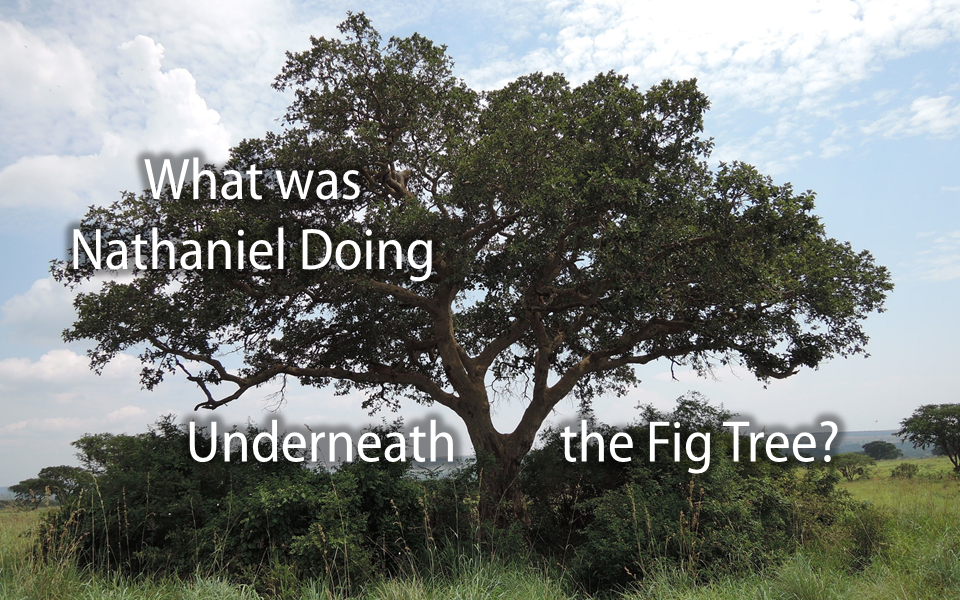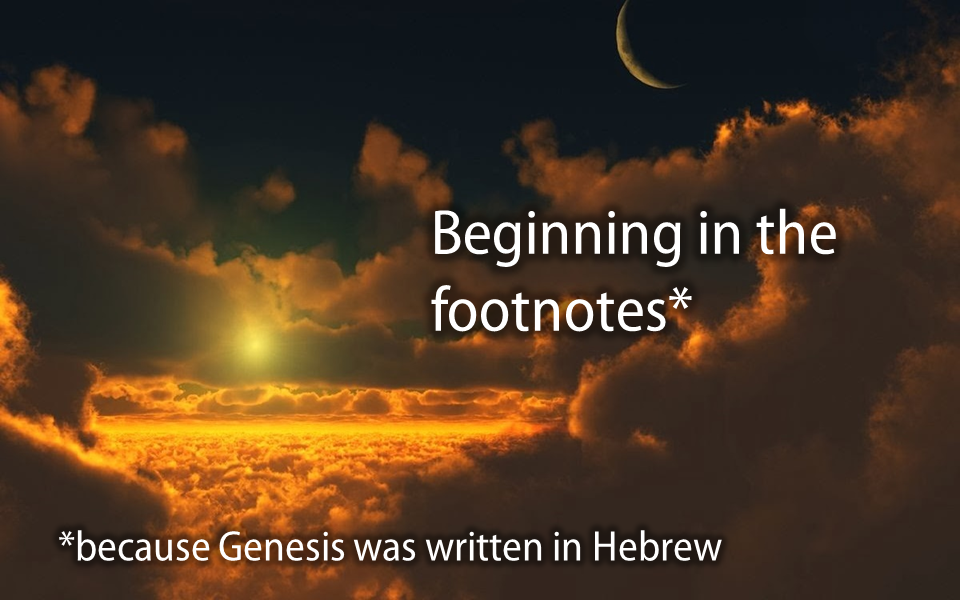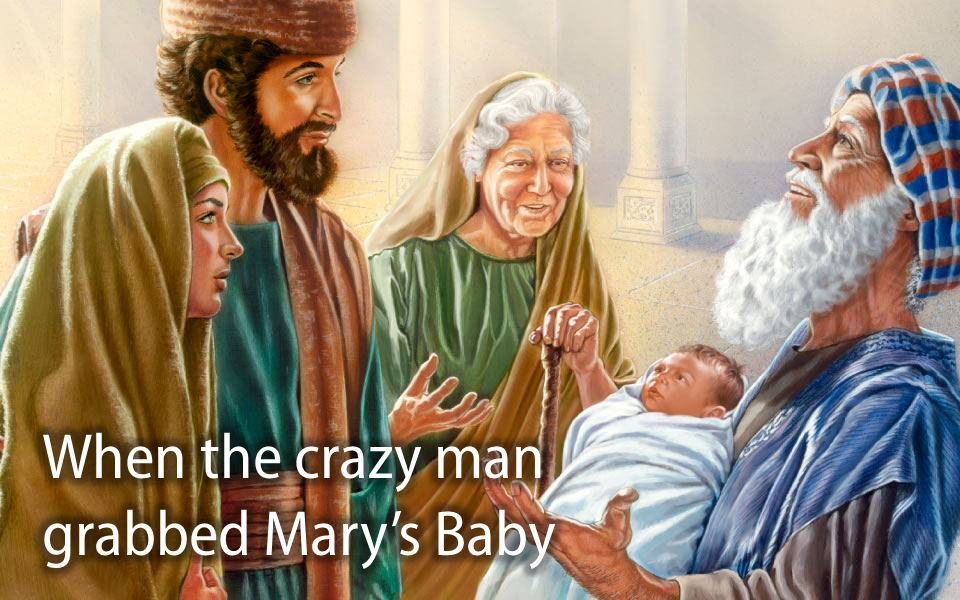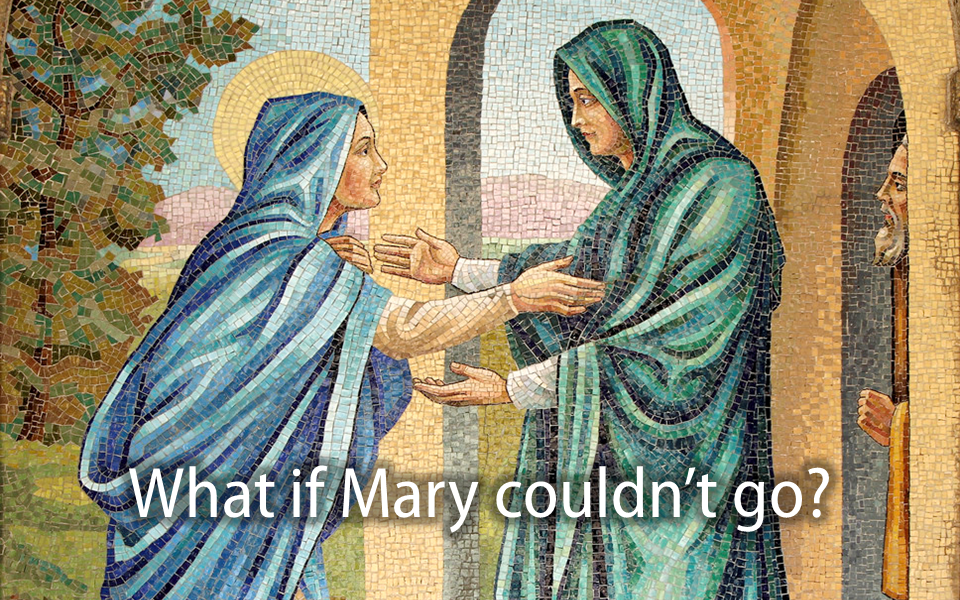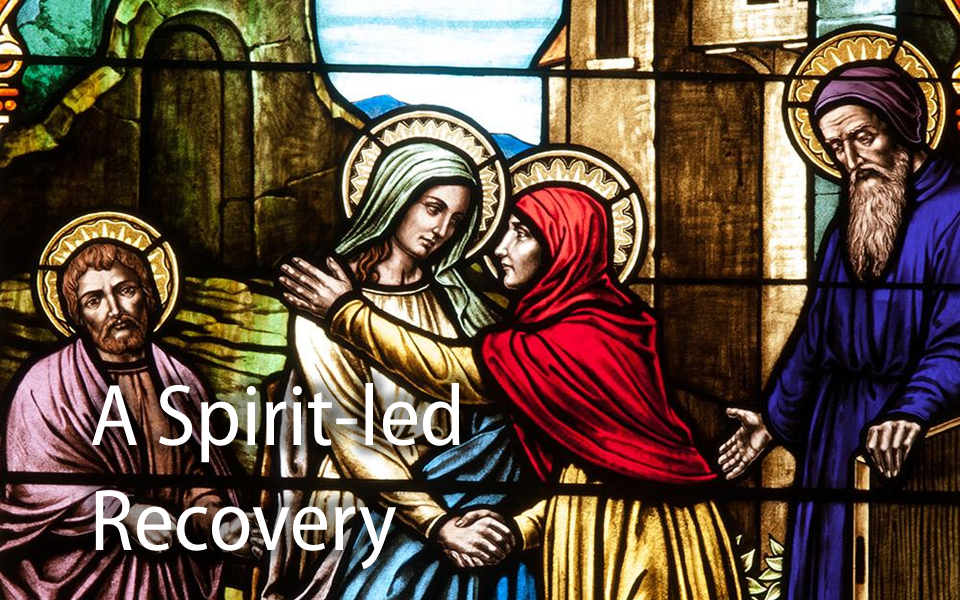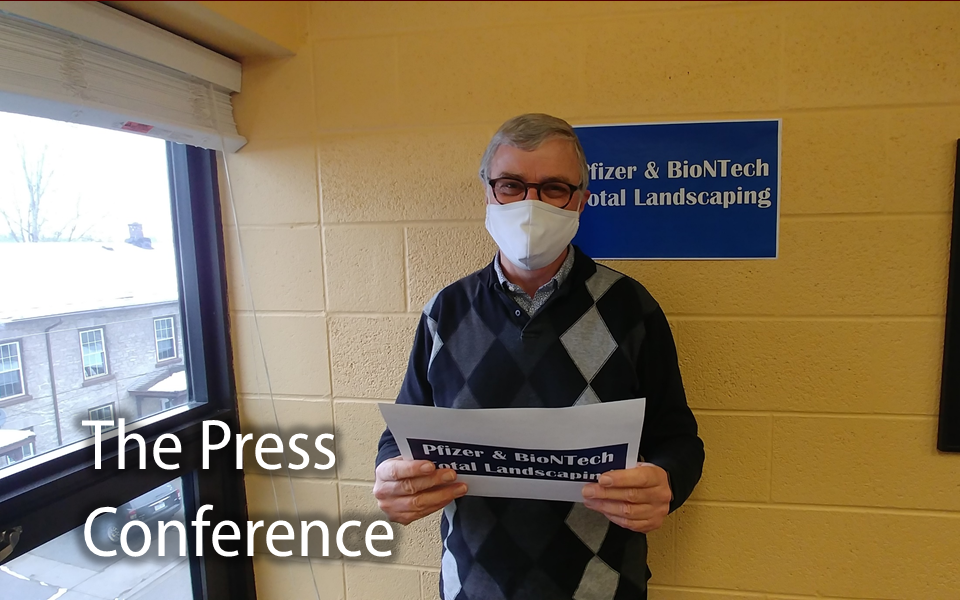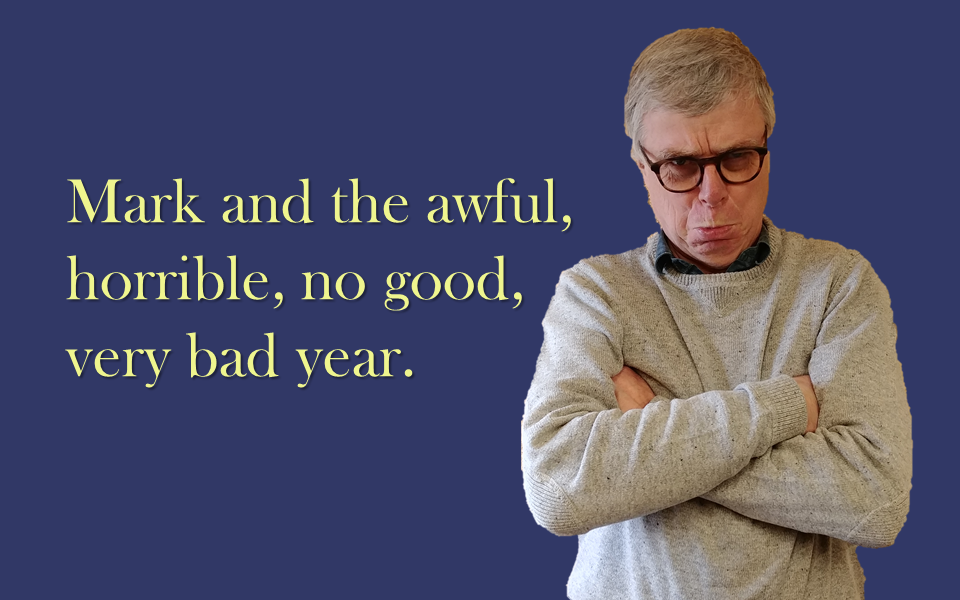Watch the sermon video here (Note, the sermon was initially removed from YouTube for violations. I appealed and it has now been restored!):
Hespeler, 31 January 2021 © Scott McAndless
Deuteronomy 18:15-20, Psalm 111, 1 Corinthians 8:1-13, Mark 1:21-28 (click to read)
I imagine that, by this point, we have all seen far too many viral videos that go something like this. Somebody walks into a store and he (let’s just say that it’s a he) is not wearing a mask while everyone else around is. One of the employees, a minimum wage clerk, comes up to him and politely and respectfully asks him to put on a mask – even offers to give him one free of charge.
And it is this that sets the person off. We’ve all heard the speech in some form or other by this point, so we all know how it goes. “You’re not going to get me to put on one of your stupid masks,” he shouts, “because I know the truth. I know that this whole virus thing is nothing but a hoax. It was cooked up by Bill Gates and George Soros in a laboratory in Wuhan China for the sole purpose of making sure that everyone is implanted with a microchip by making them get a vaccination. I know that the numbers of cases have been artificially inflated and that the deaths are not real. I know that the virus is actually caused by the erection of 5G towers.
“I know that you just want me to put on a mask so that it cuts off the oxygen to my brain and keeps me from seeing the truth. You’re not going to get me to put on a mask and you’re not going to force me to take one of your vaccinations because I know my rights.
“I also know that the vaccination is the mark of the Beast and that if I get it, I will never get into heaven. I know I don’t need a mask and I don’t need a shot because I know that Jesus is enough to protect me and I know you cannot deny me my religious freedom.”
Like I say, we have all heard people talk like that or seen videos or heard reports of it. And how do we react? There is, I know, a lot of anger and frustration at such people and with good reason. These are people who, with their attitudes and actions, are making this whole pandemic situation worse. We’re also aware that if too many people listen to these kinds of weird ideas, we might not get enough people vaccinated to achieve the herd immunity that we need to get out of this thing.
We may also feel a certain level of embarrassment when such people bring up their Christian affiliation and Christian beliefs. How embarrassing to know that there are Christians who believe such things and use their faith to justify such irresponsible behavior. Why would anyone want to be associated with people who do things like that?
But apart from our emotional reaction, we also need to think practically about people who talk this way. There is just too much that is too problematic in such ideas going around. But what can we do about it? What kind of response is really going to make a positive difference?
It's all about what they "know"

Take a moment to listen to one of these diatribes because there is something going on there that is really important. The people who say these kinds of things are talking about what they know. They know things about the pandemic. They know things about the vaccine and about certain political agendas. Most importantly, they know things that you don’t know.
And, I know, you are thinking yeah, but the things that they know aren’t true, they’re based on half truths, distortions and fantasies. But, you see, on a certain level, that doesn’t matter, because they know them. They have access to what they perceive to be secret knowledge. And this leads to an inevitable result as they become puffed up on knowledge. Knowledge, especially secret knowledge, is quite a drug. It doesn’t matter who you are or where you come from, it doesn’t matter if you’re rich or poor, well educated or a school dropout, if you have secret knowledge you can see yourself as better than everybody else.
And so, people who have secret knowledge can feel completely justified doing socially or even morally unacceptable things because they know what other people don’t know. That doesn’t just apply to conspiracy theories about the pandemic but, as we’ve seen, conspiracy theories about elections and Q Anon and many other things. In fact, in many ways, the very idea of having secret knowledge is one of the main problems we seem to be facing in our society at this particular moment. So it would be really helpful to have some way to counter this dangerous trend.
The Problem in Corinth
It is actually the same kind of problem that they had in the church in Corinth. They weren’t arguing about masks, of course, but they were arguing about meat. You see, in ancient times, they didn’t have grocery stores or butcher shops like we do. There was really just one place to get meat. All of the animals that were slaughtered in the city were slaughtered as sacrifices in the temples dedicated to various gods.
But, fortunately, the gods didn’t really require very much of this meat to eat. In fact, generally only the parts that people couldn’t eat – bones, fat and various organs – were actually burnt up on the altars. The rest of the meat was available for people to eat. Most of it was eaten by the worshipers themselves, of course. And a generous portion went to the priests who so expertly butchered the animals. And what the priests and their families couldn’t eat, they generally sold out of the back door of the temple.
But that meant that the only meat you could buy in a city like Corinth came from the temples of pagan gods. And there were some Christians there who knew something. They knew that, since they had decided to follow Jesus, they were not supposed to have anything to do with any other gods. So they vowed that they would never eat meat anymore. What’s more, they sharply denounced and argued with other Christians who did eat meat because they knew that they were honouring these other gods by doing so.
But here was where the problem got a little complicated. The other Christians – the ones who were eating meat also had knowledge. They knew that all of these pagan gods like Zeus and Apollo and Dionysus weren’t real gods. And if they weren’t real gods, if they were nothing more than idols, then what did it matter if the hamburger I want to eat for supper was originally dedicated to such a false god before it was butchered? And so, these Christians, based on what they knew, went ahead and ate their burgers with a clear conscience.
So, what we had in this church in Corinth was two groups of Christians, both of whom were sure that they knew better than the others, and they were arguing on the basis of that. And, quite obviously, this continual claim heard from both sides that, “We know the truth,” was not making anything better but only making things worse.
Paul's Advice
And the Apostle Paul heard about what was going on and, in his letter, attempted to guide them out of what had become a dead-end argument. And it is in that context that Paul offers this wonderfully profound but simple piece of advice: “Knowledge puffs up, but love builds up.” You see, Paul understands that knowledge is a good thing. Knowledge that is based on good evidence and sound reasoning can indeed lead us towards all truth. But he also understood that knowledge had this effect of puffing people up.
Paul knew that when people argue over who knows best, all they really accomplish is puffing themselves up while they seek to deflate others by proving that their knowledge is unsound. But the problem is that that is an argument that nobody wins, and that people can only lose.
You see, if you are convinced that you know something that somebody else doesn’t know, whether your knowledge is sound or not, that has the effect of making you feel puffed up, better than others. But the other person who also feels that they know best also feels puffed up.
Now, in the argument that follows, we may think that we are arguing over facts and evidence, but that is not usually what goes on. People generally only argue in order to feel good about themselves, in order to continue to feel puffed up or to feel even more puffed up. And when that is all that it’s about, well, it really ends up being all about so much hot air. Because knowledge puffs up, knowledge alone is rarely able to resolve these kinds of disputes.
And so it is that Paul counsels the Corinthians to take another course – the way of love. He’s basically telling them that, while they will not win people over with facts, they may with love. Now, what he is asking of them is hardly easy. It is way harder to love someone that you disagree with than it is to argue with them. He even suggests that, out of love, they may even need to compromise and bend. But, he argues, it is really the only way that anything might change in the toxic circumstances in which they find themselves.
What can we do?
Now, I don’t want to go into the specific advice that Paul gives to resolve the situation in Corinth, but I would like to take his basic principles and try to apply them to the toxicity that we see in our society in these extremely divisive times. If you have people in your life that you care for who have fallen into dangerous or destructive conspiracy theories, you have probably already figured out that there is little to no point in arguing with them over the facts. When they are puffed up with knowledge, Paul is right, that never works.
As a result, what people tend to do is not engage. When you see a social media post based on some conspiracy theory, you just quickly scroll on by, not daring to question them, or maybe we even block them out of our social networks entirely. Sometimes, sadly, we feel like we have to block people that we love right out of our lives.
Now, there is some rationality to that response. It is true that there is little to no point in engaging such people on the level of knowledge. But that doesn’t necessarily mean that there is nothing that we can do. Here are some things that we can do.
First of all, there can be a time and place to challenge the false knowledge you encounter. When you see a blatantly false social media post, for example, there can be a place for you to respectfully offer up a different point of view and to back it up with some facts. But understand that there is really only one reason to do that.
You are quite unlikely to change somebody’s mind if they are all puffed up with knowledge. But, by not allowing the falsehood to stand unchallenged, you may prevent it from spreading further by making sure that somebody else, who hasn’t yet bought in to the secret knowledge, doesn’t see it without it being challenged. So, you can post the facts, but then you are probably best not to try and engage further.
But where you can engage and actually possibly make a difference for those who have fallen into false knowledge, is only when you can engage in love. And that is not easy. It can be an awful lot of work. It may mean putting in the effort to try and understand some of the things that are going on in somebody’s life that are making them seek for meaning or purpose in what they see as secret knowledge. It may mean engaging their fears or even their hatreds from a loving point of view. It’s not an easy thing for anyone to do. But, Paul would tell us, it is the only path to real change.
There has been a lot of talk in recent weeks of people finally giving up a certain conspiracy theories. Those who believed in Q Anon or other related election conspiracy theories had been so certain, after all, that Joe Biden would never become the president. The mere fact that that now has happened did lead, for some of them, to some real soul-searching and to asking themselves whether or not they might have been duped.
That is a somewhat promising development, though it is hard to know where it will lead. But I do know one thing, if all people who begin to question the false knowledge that they were so certain was true are only met with derision and a massive chorus of “we told you so,” chances are that they will only retreat back into their old certainties or that they will find some new conspiracy theory to hold onto.
But if they are met with some compassion and understanding, if they are met with love, as costly and difficult as that may be, what possibilities might there be then? Because knowledge may puff up, but love really does build up.
